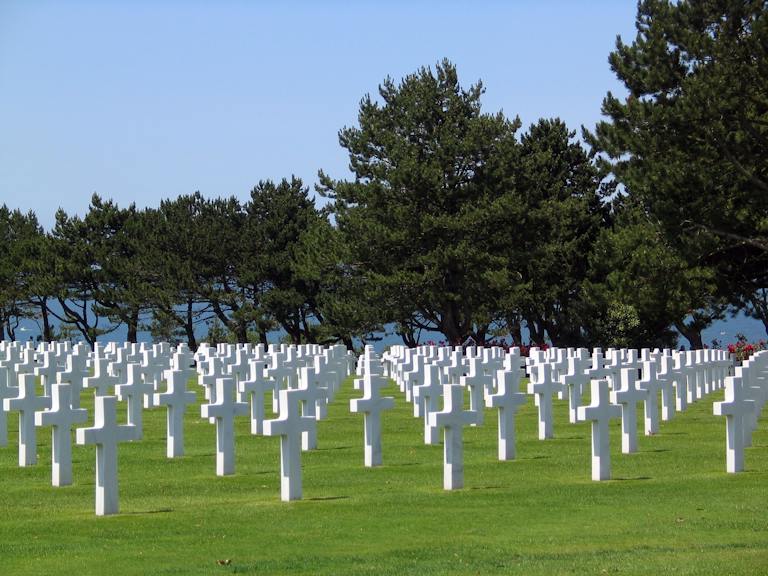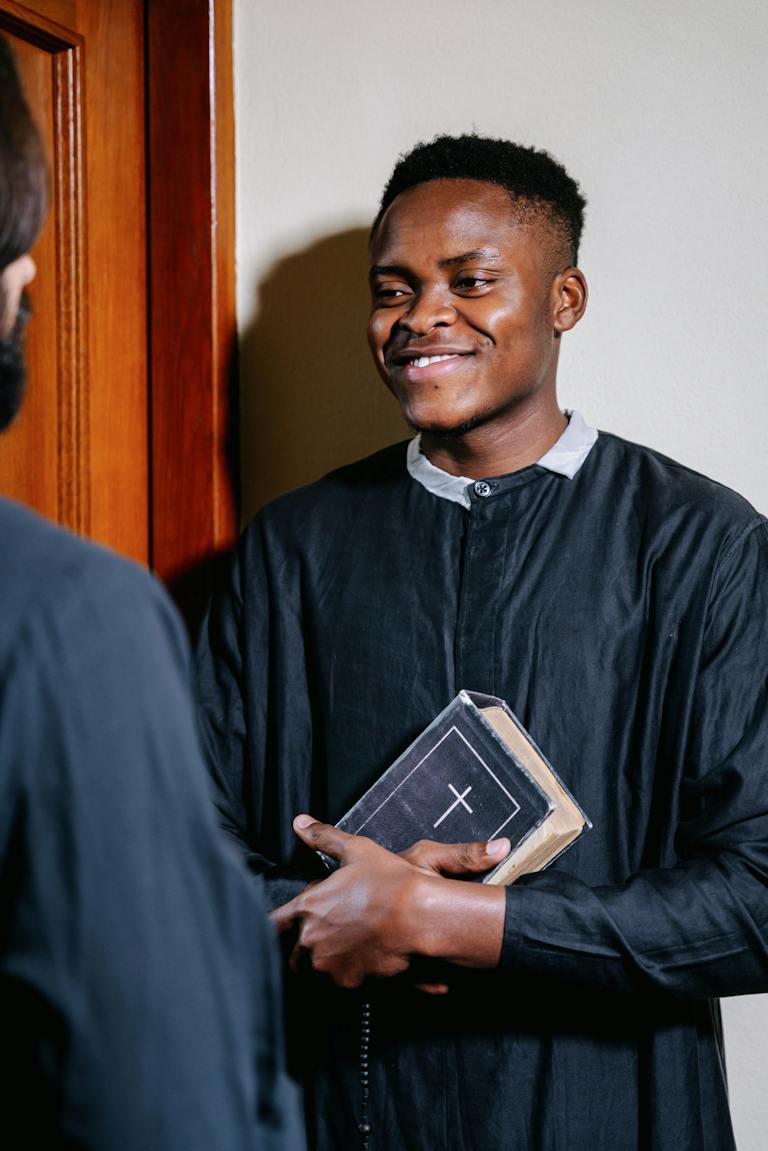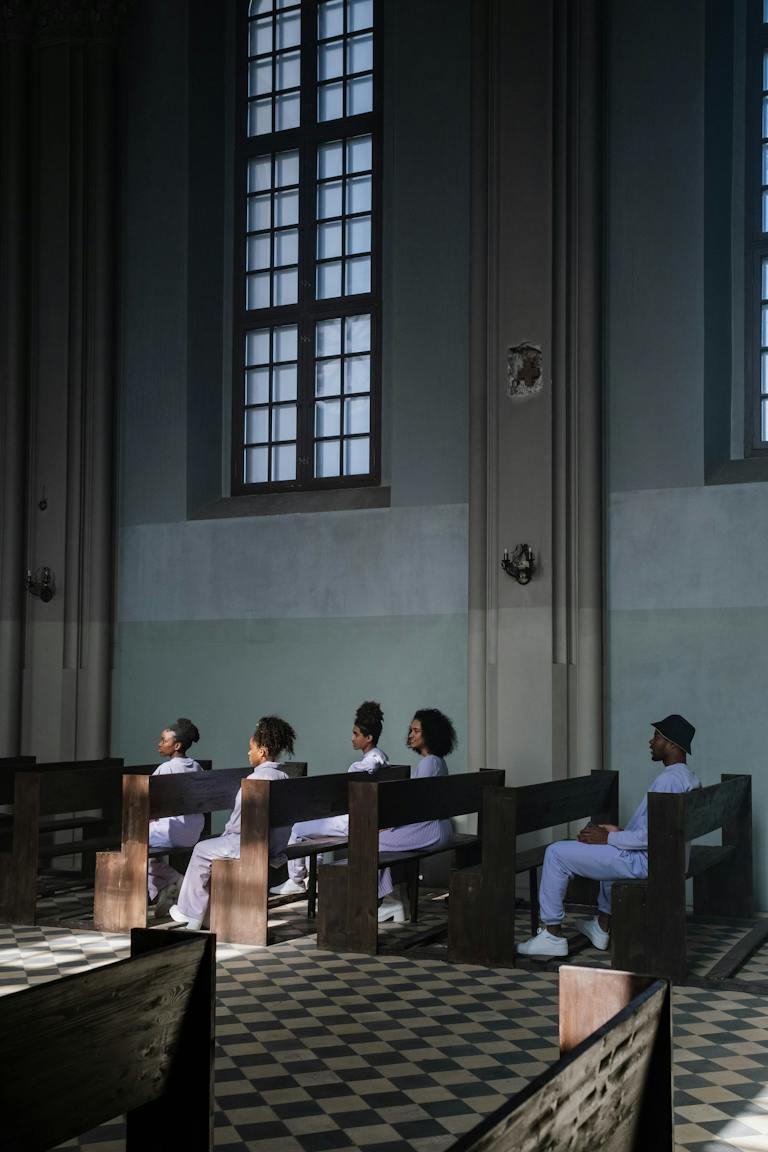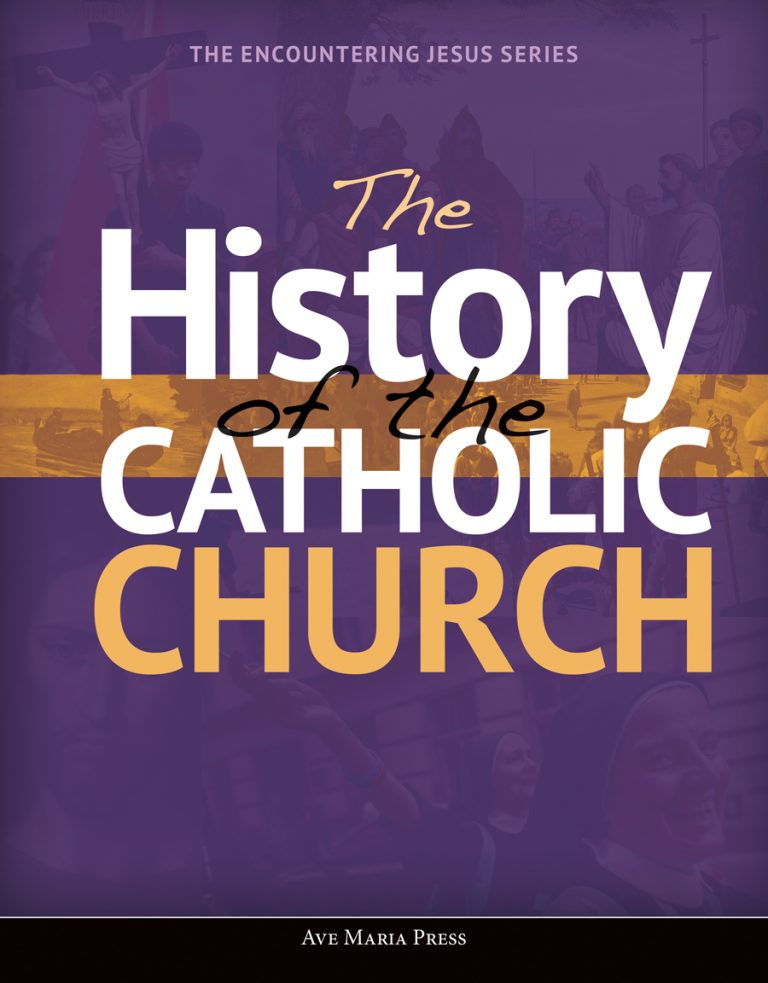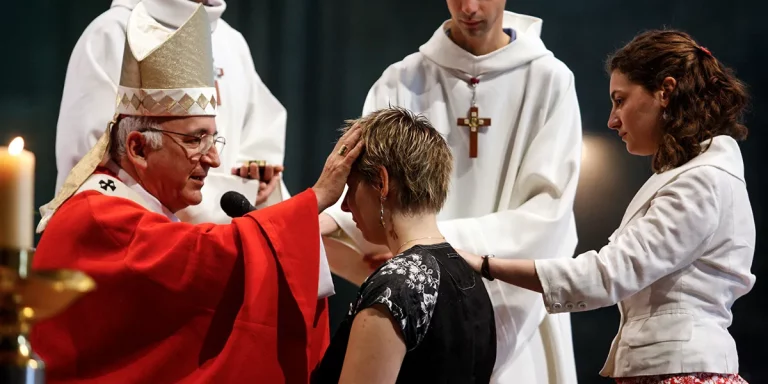How did the Catholic Church support the claims of monarchs?
God’s chosen rulers or oppressive autocrats? For centuries, European monarchs claimed a sacred right to absolute power. The Catholic Church was instrumental in sanctifying these divine claims.
This guide explains how the medieval church legitimized monarchical authority through theology and alliance, cementing the doctrine of the divine right of kings.
The divine right of kings
The Catholic Church strongly supported the divine right of kings in the Middle Ages and into the early modern era. This was the belief that kings derived their authority directly from God. As God’s representatives on Earth, kings could demand total obedience from their subjects.
The church preached that going against the king was going against God himself. This doctrine emphasized the sacred role of kings and strengthened their claims to absolute power. It portrayed the king as accountable only to God, not to the people or earthly authorities like the church.
Biblical justifications
The church found justification for this belief in several biblical passages. Romans 13:1 says, “Let every person be subject to the governing authorities. For there is no authority except from God, and those that exist have been instituted by God.” This and other passages were seen as clear biblical proof of the divine origins of all monarchical power.
Preachers and theologians used these Bible verses extensively to prop up royal authority. Those who rebelled against kings were portrayed as violating the express word of God. This created a strong religious imperative for obeying one’s monarch without question.
Coronation ceremonies
The church also solidified the divine claims of kings through coronation ceremonies. Royal coronations were filled with religious rituals and pageantry, emphasizing the monarch’s sacred stature.
Kings would take holy communions, be anointed with consecrated oils, and have holy words and blessings spoken over them by high-ranking clergy. This lent them a holy aura and associated them directly with God’s grace and favor.
After such a ceremony, kings could claim divine empowerment and demand deference from all subjects, both nobles and commoners alike. The church willingly provided the means to elevate monarchs to quasi-divine status.
Religious control and censorship
The Catholic Church also supported monarchs by helping them control their subjects through religion. Kings counted on the church to validate their rule and keep their kingdoms spiritually unified.
Censorship of anti-monarchist ideas
The church assisted with censorship. Anything challenging a monarch’s authority or criticizing a king was deemed heretical. Church officials actively worked to repress the spread of potentially subversive writings and propaganda.
Methods included banning suspect books, restricting what texts people had access to, prosecuting authors and publishers of “blasphemous” works, and controlling what students and faculty at church universities could read and write about.
Any religious dissenters who questioned the legitimacy of kings as God’s chosen rulers would be persecuted as well through the Inquisition or various witch hunts. Such acts kept society under the firm control of monarchist ideology.
Promoting spiritual conformity
The Church also promoted the spiritual unity of medieval monarchies. By converting the population to Catholic Christianity, they created a common basis for loyalty, obedience, and authority.
The church’s penetration into every city, town, and village, along with its influence over society’s lower ranks, meant it was the primary shaper of ordinary people’s worldviews. Its loyal support for kings filtered down through the clergy to the largely illiterate peasantry.
This massive religious apparatus gave the church significant power to influence how the majority of the population thought about their anointed sovereigns. It ensured their ingrained deference and allegiance to the crown’s authority on spiritual grounds.
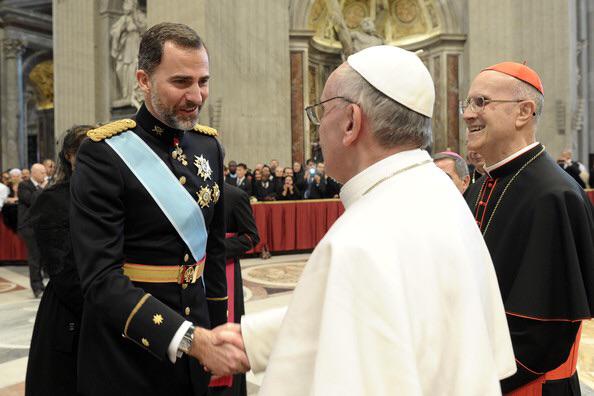
Ideological warfare against church reformers
Finally, the Catholic Church supported monarchical power by waging ideological warfare against forces that threatened this order, especially during the Protestant Reformation.
Defense against Protestant Reformers
Reforming activists such as Martin Luther and John Calvin who broke from the Catholic Church often harbored strong anti-monarchist tendencies. Their theological rebellion against the pope exposed the possibility that presumptive divine authority could be questioned and overturned.
The Catholic Church hence vigorously defended the status quo of absolute monarchy against Protestant efforts to “turn the world upside down.” Officials allied themselves strongly with Europe’s kings in a joint campaign against everything the religious reformers stood for.
They sought to discredit Protestant notions of social equality and religious individualism, which could open a Pandora’s Box of opposition against traditional centers of power. Their harsh propaganda reinforced the idea that obeying kings was tied directly to religious piety and duty.
Wars of religion and royal patronage
The church also aided monarchs materially in their battles against Protestant forces during Europe’s Wars of Religion in the 1500s and 1600s. Armies and navies loyal to Catholic rulers fought hard against Protestant states and rebellions throughout the era.
This defense of the faithful established the church as a bastion of support for incumbent sovereigns against religious rebels that threatened their thrones. Royalty returned this favor by remaining devoutly Catholic and giving money and privileges to the church within their territories. This mutually beneficial patronage system endured in the decades after the Reformation.
Conclusion
Through its theology and practices, the medieval Catholic Church consistently upheld divinely-based monarchical absolutism. This stemmed from a self-interested economic and institutional alliance between church leadership and European royalty. By validating each other’s authority, both could maintain privileged positions of social control.
This system slowly weakened in the 17th and 19th centuries as Enlightenment culture and democratic revolutions eroded once-rigid religious and political hierarchies. But for over a millennium, the medieval church played an indispensable role in sanctifying the autocratic rule of kings and queens across Europe. Its ideological influence buttressed thrones and shaped the inegalitarian contours of Western political thought.

